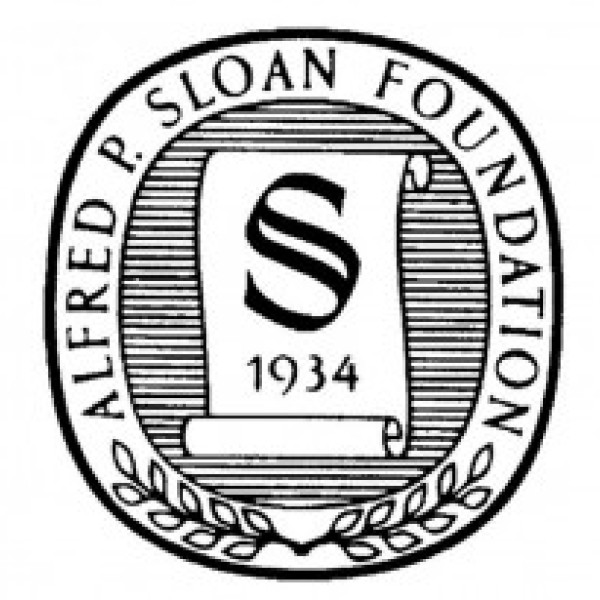Published research in 2020 found that Black and white Americans, when asked to take the perspective of a juror who would have to decide whether an officer should be indicted, reached different conclusions, even when presented with identical evidence. But does the language used to describe law enforcement make a difference?
Research by social psychology doctoral student Mikaela Spruill and her adviser, Neil Lewis Jr. ’13, assistant professor of communication in the College of Agriculture and Life Sciences, revealed that referring to police using the legal phrase “objectively reasonable” puts the officer in a more favorable light, regardless of race.
“After seeing data about how police use of force cases tend to play out in the courts,” Lewis said, “we were curious about what is actually happening behind the scenes as these decisions are being made.”
Spruill and Lewis are co-authors of “Legal Descriptions of Police Officers Affect How Citizens Judge Them,” which published March 18 in the Journal of Experimental Social Psychology.
In trying to better understand the legal landscape, Spruill and Lewis came across a podcast about the Supreme Court, and an episode talking about the objective reasonableness standard that is applied in court proceedings about police use of force.
“We were both really intrigued,” said Spruill. “We both wondered how this legal standard may be having psychological effects that are shaping the way people are coming to these decisions.”
“Once we learned more about how these jury instructions are being issued and this ‘objective reasonableness’ standard, we were curious – what does that language actually mean to a prospective juror?” Lewis said.
The landmark 1989 U.S. Supreme Court case Graham vs. Connor established the “objective reasonableness” legal standard, which asks juries to “decide whether the officer’s actions were objectively reasonable” in police use-of-force cases.
It’s a standard that has been in place for decades – and that’s been in the news recently due to several high-profile police killings. But little research has been done on how the language used in the standard affects lay people’s judgments of police officers – particularly those who make up American juries.
For their studies, Spruill and Lewis ran survey experiments with nearly 2,000 jury-eligible Americans, examining the dual influences of social stratification and legal language on how Americans form judgments of police officers. “We initially were just curious to see how people conceptualize what an objectively reasonable officer is,” Spruill said.
In their first study, they recruited 968 online participants and asked them to describe the actions that come to mind when imagining: a police officer (control group); an “average” police officer; or an “objectively reasonable” police officer. Next, participants were asked to rate the officer along dimensions of “competence” and “warmth,” using perception traits from the 1999 Stereotype Content Model.
One result stood out, Spruill said: The use of the term “objectively reasonable” was related to significantly less negative officer descriptions, compared with participants in the control group. “We started to understand that there’s something happening here,” she said, “where this legal language is seemingly a very powerful kind of frame.”
For their second study, Spruill and Lewis recruited a nearly equal number of Black (454) and white (463) participants, who were given the same materials and procedures but assigned to one of two conditions: “average” officer, and “objectively reasonable” officer.
Again, participants in the latter condition used fewer negative descriptors than those in the former group.
“In experiments like this, where it’s a really small tweak in language, you usually don’t get big shifts like this,” Lewis said. “That this language has such a powerful effect on the way people are judging these officers was quite striking to us.”
Both researchers hypothesize that “average” means different things to different people. “This conception of ‘average,’ this baseline that people have, really differs based on their experiences within our stratified society,” Spruill said.
Said Lewis: “For communities that have had better relations with police, ‘reasonable’ may be closer to their ‘average’ than it is for communities that have not had great relationships with police. They don’t typically see them as ‘reasonable’ until you use that language.”
In addition to Lewis, Spruill is being advised for this ongoing line of research by Valerie Hans, the Charles F. Rechlin Professor at Cornell Law School.
“This work brings together psychology with communication and the law,” Lewis said, “to really think about how all of these systems work together to affect how people think about each other and the broader consequences in our society.”





